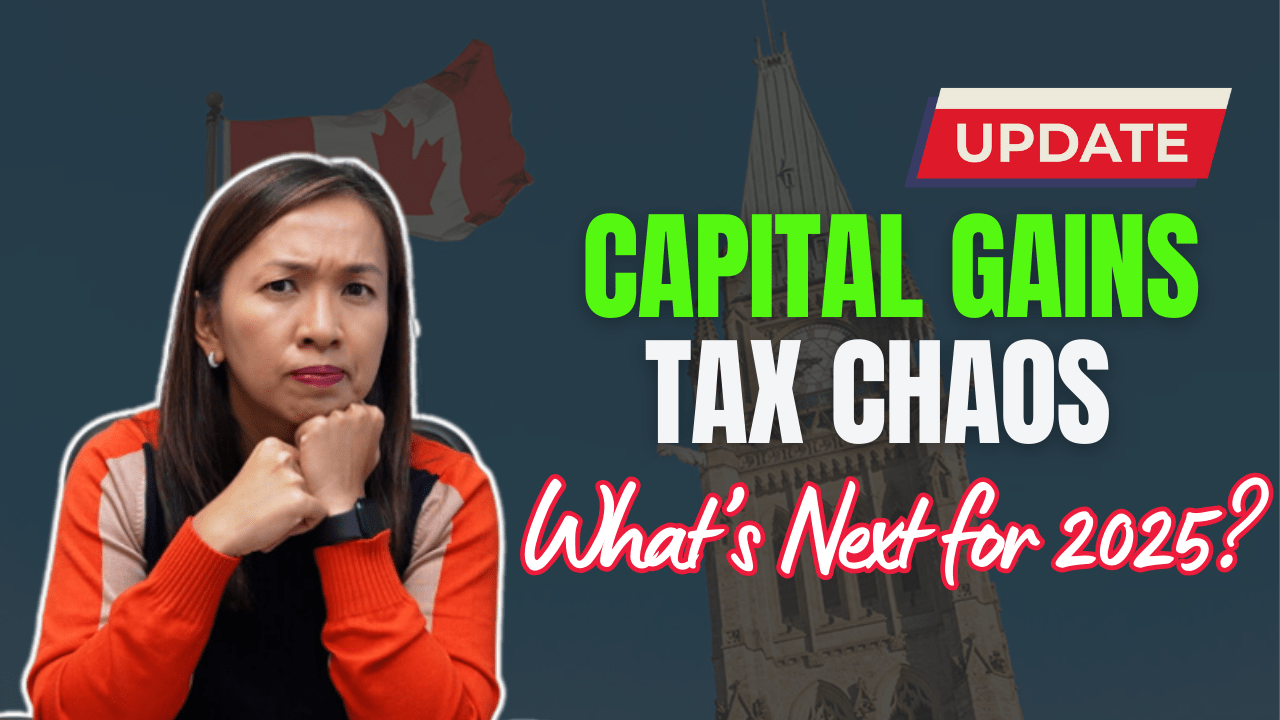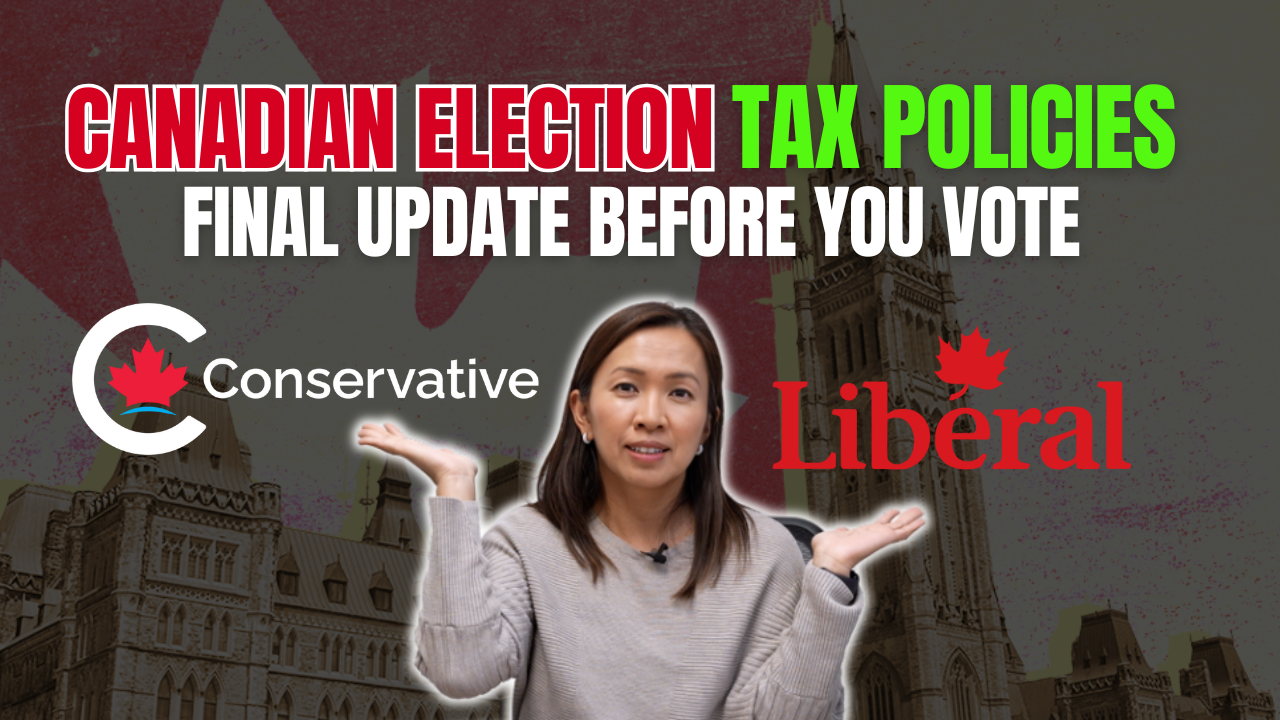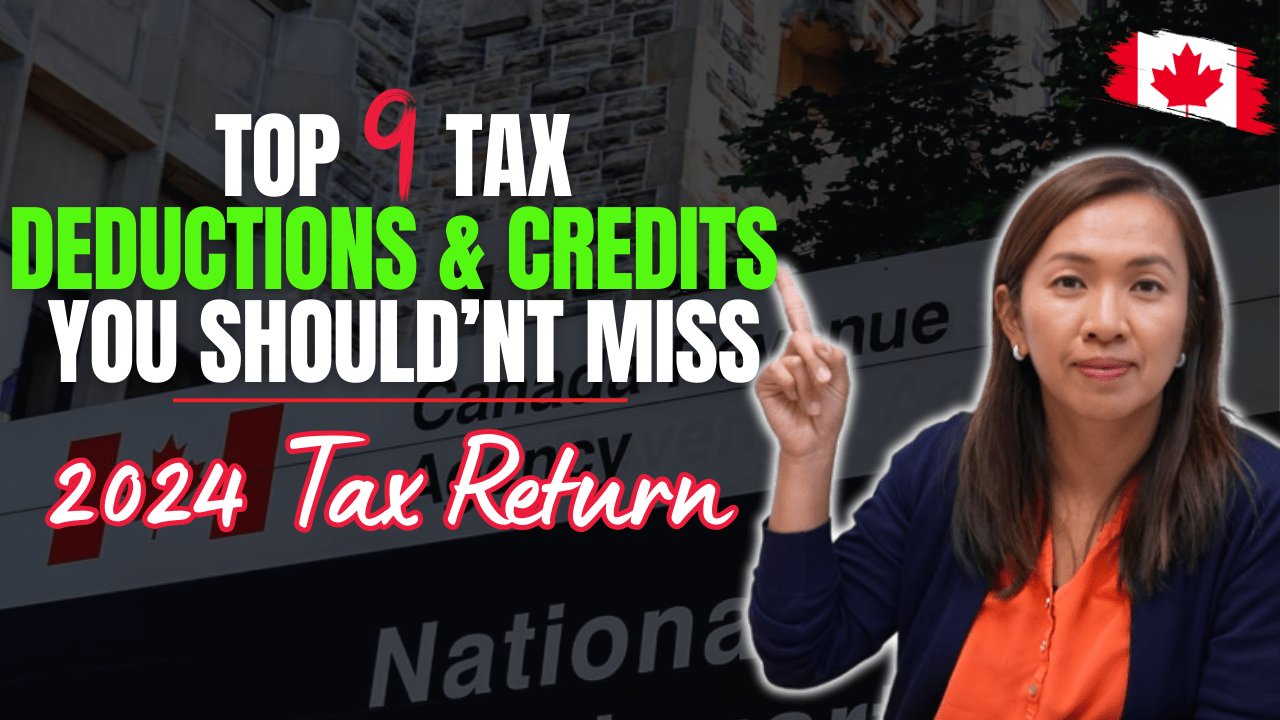What’s the Deal with Capital Gains?
When you sell something valuable—like a property or investments—and make a profit, that’s called a capital gain. Right now, in Canada, only half (50%) of that profit is taxable. This is known as the “capital gains inclusion rate.”
But things might be changing. The government proposed some significant updates to how capital gains are taxed in Budget 2024, announced in April 2024.
Proposed Changes
The three big ideas are:
1. Increase the Inclusion Rate: Raise it from 50% to 66.67%, meaning more of your profits would be taxable for corporation. As for personal ownership, the inclusion rate is increased from 50% to 66.67% for capital gain over $250,000.
2. Increase the Capital Gains Exemption: Boost the amount small business owners and farmers can claim tax-free from about $1,000,000 to $1,250,000.
3. Canada Entrepreneur’s Incentive: Starting in 2025, this would lower the inclusion rate back to 33.33% for eligible entrepreneurs, phased in over five years.
What’s Happened Since April?
The proposed changes were supposed to take effect on June 25, 2024. But here’s where things get messy:
The draft legislation wasn’t introduced until just a week before the deadline. This delay created uncertainty for taxpayers.
After being tabled, the legislation still needed Parliament’s approval to become law. Unfortunately, it has been stuck in limbo ever since.
Why the Delay?
The delay isn’t just about the tax changes themselves—it’s tied to the broader political gridlock in Ottawa.
- Conservative Filibuster: The Conservative Party has been opposing many of the Liberal government’s policies, using filibuster tactics to stall the passing of new laws. This isn’t specifically about the proposed capital gains changes but reflects their broader strategy to disrupt and delay government progress.
- Non-Confidence Motions: The Conservatives have brought forward multiple non-confidence motions trying to topple the Liberal minority government. These motions have failed so far because they didn’t get enough votes to pass, but they’ve added significant strain to parliamentary operations.
- Chrystia Freeland’s Resignation: On December 16, 2024, Finance Minister Chrystia Freeland resigned, citing disagreements with the government’s fiscal direction. This further complicates efforts to move legislation forward.
- NDP’s Shift: Adding to the uncertainty, NDP leader Jagmeet Singh recently announced his party would now support a non-confidence motion, significantly increasing the odds of an election.
With Parliament not set to reconvene until January, and the Liberal government facing an uphill battle for survival, it’s unclear whether these changes will ever become law.
What Does This Mean for You?
The proposed capital gains tax changes announced in April 2024 are now in limbo, with the possibility of a spring 2025 election likely to determine their future.
If the Liberals Lose:
- With mounting opposition, it’s unlikely the Liberals will form the next government. If the Conservatives take power, they have consistently opposed the proposed changes, labeling the inclusion rate hike as poor economic policy and a tax grab.
- This makes it highly unlikely the Conservatives would pass this legislation, meaning we would revert to the current system, with the capital gains inclusion rate staying at 50%. For most taxpayers, this would be welcome news.
CRA Will Stick to the Current Rules for Now:
- The CRA cannot administer the higher 66.67% inclusion rate unless the law is passed. For the 2024 tax year, taxpayers can expect the inclusion rate to remain at 50%, providing some consistency during this period of uncertainty.
What If the Changes Are Reintroduced?
- While the Conservatives are unlikely to proceed with these specific proposals, no government can afford to ignore revenue pressures indefinitely. Any new legislation—if introduced—would likely focus on more targeted or revised measures and apply to future tax years, not retroactively to 2024.
Your Next Steps:
Many taxpayers sold assets before the proposed June 25, 2024 deadline to lock in the current 50% inclusion rate, anticipating the changes would take effect. If the changes are ultimately abandoned, those transactions will have been unnecessary, but the tax paid will remain final. It’s important to consult with a tax professional to assess how these developments may impact your overall tax strategy going forward.
Example: Real Estate Investor Impact
Let’s say you’re a real estate investor that sold your properties in a corporation with a $100,000 capital gain.
Under Current Rules: 50% inclusion means $50,000 is taxable. At a top tax rate of 50%, you’d owe about $25K in tax.
Under Proposed Rules: 66.67% inclusion means $66,670 is taxable. You’d owe about $33,335—a $8,335 increase!
This example shows why these potential changes have so many people concerned.
Final Thoughts
The capital gains changes announced in April 2024 were supposed to come into effect in June, but delays, political drama, and opposition have left them in limbo. Whether these changes become law or are abandoned entirely is still up in the air.
If you’ve made financial moves based on these proposals, consider revisiting your strategy with a tax professional. Tax laws can change fast—especially when politics are involved!
Until next time, happy Canadian Real Estate Investing.
Cherry Chan, CPA, CA
Your Real Estate Accountant






Bill Foster
Good blog post and summarizes the capital gains issue well. I would disagree however with a statement you made that CRA cannot administer until the laws are passed. My understanding is that it will be administered as is usually the case based on a Notice. If the law does not get passed ever, then a taxpayer will be refunded the excess tax paid. Might be useful to comment on whether a taxpayer should pay or not, given interest charges and perhaps penalties that might apply. That said, still a tough issue to decide given the state of politics as you adequately pointed out.